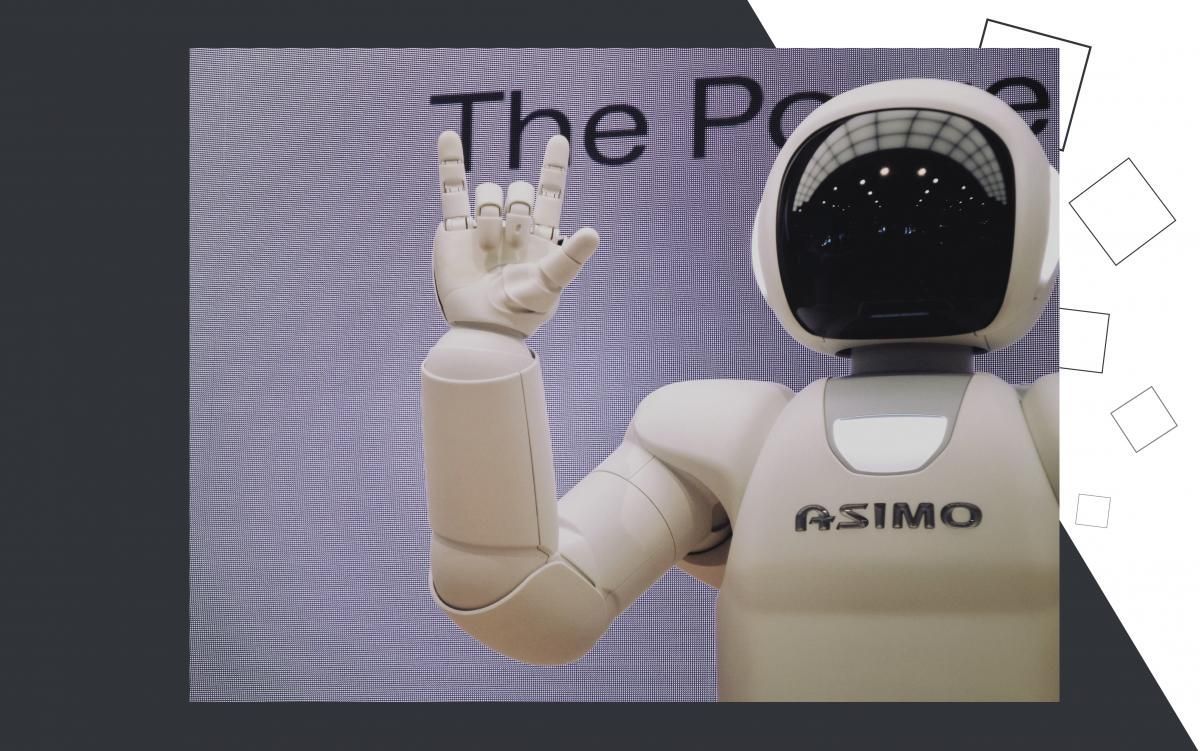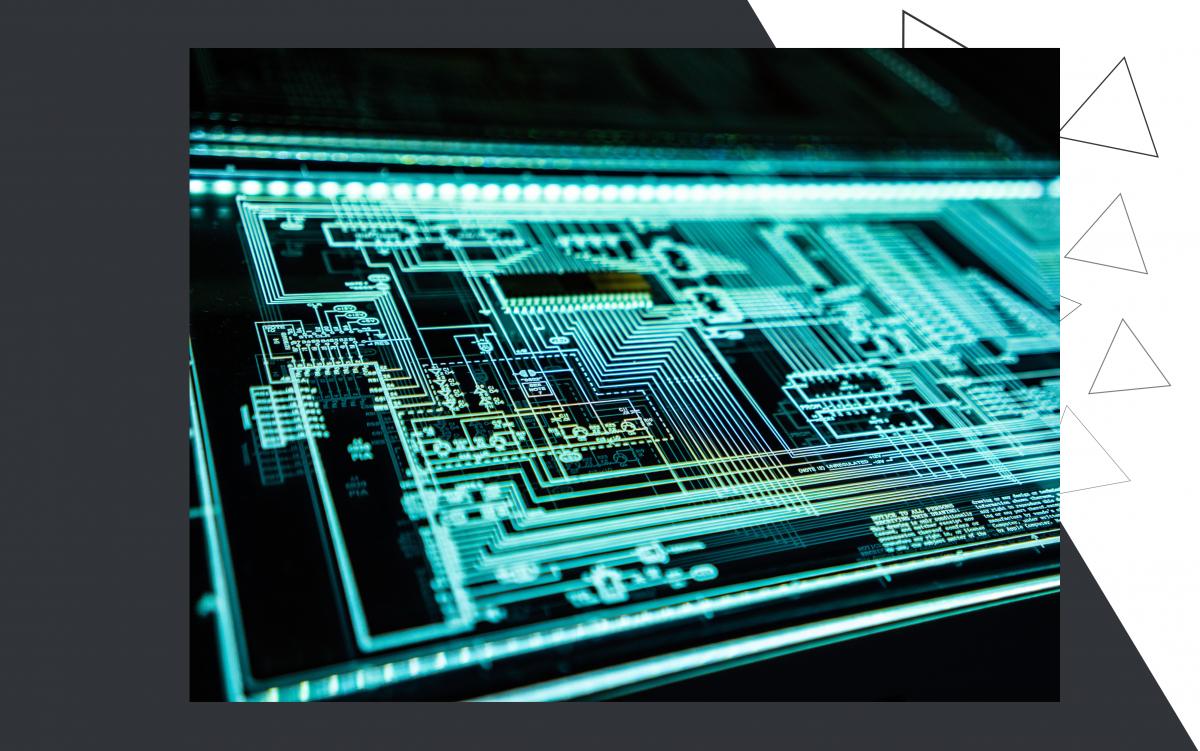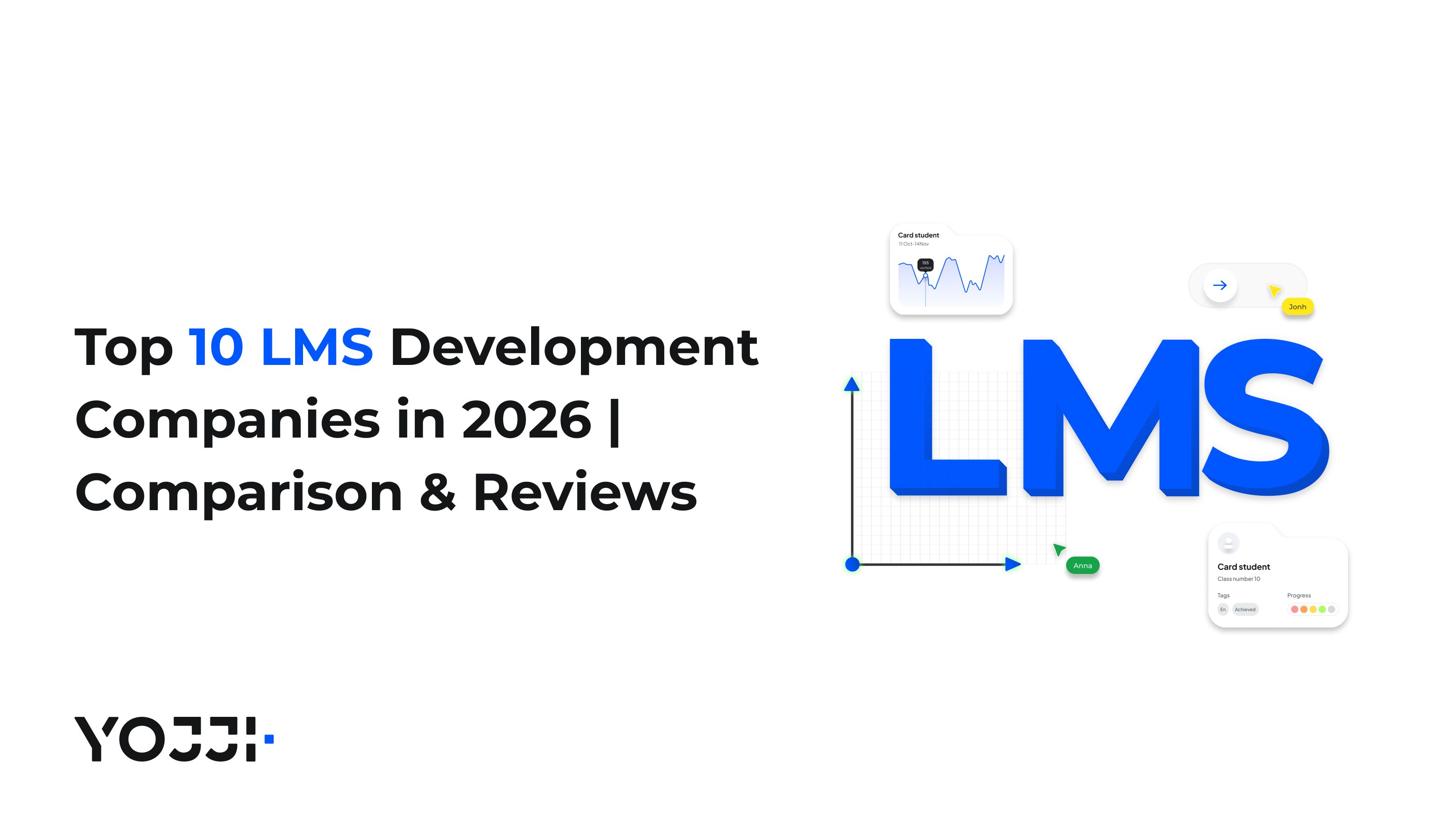Artificial Emotional Intelligence: All Things Explained

Vincent Van Gogh once said, "Let's not forget that the little emotions are the great captains of our lives and we obey them without realizing it." It is so human to feel, express, react to, and obey emotions, isn’t it? On the other hand, you have probably heard phrases like, "He/she is like a robot" meaning that a person doesn't have any emotions or can't express them properly. And it is considered to be some sort of deviation.
The thing is, emotions play one of the leading roles in what we do and how we do it. People often make decisions based on the emotions they experience at a particular moment. Not only do emotions have a huge impact on the way a person performs the activity, but they also influence on the eventual result of this activity.
Here are two examples:
The person who had a pleasant conversation with a stranger while waiting for a bus and then got to work in a good mood would probably do all their duties with ease.
However, if the person had an argument in the morning no matter if it was at home or on the way to work, he or she would be irritated and such an emotional condition would affect a person’s performance during the day.
What we are trying to say here is that people are very dependent on their emotional state. Now, what would it be if machines could understand and react to human emotions?
Today, we’re going to be talking about artificial emotional intelligence. You are going to find out what emotional AI is, how it works, and in which fields it is used today. Let’s start!
What Is Artificial Emotional Intelligence?
 As one can tell from the name, artificial emotional intelligence is a blend of emotional and artificial intelligence. Also known as Affective computing or emotion AI, artificial emotional intelligence stands for the study and development of technologies and computers that can read human emotions by the means of analyzing body gestures, facial expressions, voice tone, etc. and react appropriately to them. The ability to identify and analyze the human emotional state and then respond to it makes it possible the more human-like interaction between a machine and people.
As one can tell from the name, artificial emotional intelligence is a blend of emotional and artificial intelligence. Also known as Affective computing or emotion AI, artificial emotional intelligence stands for the study and development of technologies and computers that can read human emotions by the means of analyzing body gestures, facial expressions, voice tone, etc. and react appropriately to them. The ability to identify and analyze the human emotional state and then respond to it makes it possible the more human-like interaction between a machine and people.
Affective computing has its roots in 1995 when the scientists from an MIT Media Lab worked with microphones, cameras, and physiological sensors to collect affective responses to determine emotion so that machines could respond to those emotions. Thanks to that work the lab professor Rosalind Picard wrote and later published his famous book "Affective Computing". In this book, the professor described the importance of human emotions and first pointed out the possibilities of recognizing and modeling emotions using computer systems.
Back in the day, no one could even imagine that one-day machines would be able to detect the slightest emotive nuances that some humans would miss. Technologies are evolving continuously and rapidly. Today, some machines are made in such a way that can identify whether a person is happy or sad. Thanks to the special sensors, they can understand when a person experiences stress or anger.
But here are a few other questions. Can robots feel? Will they be able to show empathy by identifying the human emotional state? We’ll see.
How Do Things Work With Emotional Artificial Intelligence?
When we talk about emotions, as a rule, we mean different facial expressions. Nevertheless, people can express emotions in different ways. For instance, a clenched fist may show inner tension. A smile in a text message may demonstrate happiness. In other words, people use various channels for emotional expression and so does artificial intelligence for recognizing and modeling emotions.
Emotion AI gathers data about things like facial expressions, body gestures, verbal and nonverbal speech attributes, physiological signals with the help of computer vision, cameras, sensors, and various deep learning algorithms. For instance, AI uses video for recognizing body and facial emotions. Yet, to determine physiological signals AI needs to use special biometric sensors. These are different ways of gathering and processing raw data.
Then artificial emotional intelligence systems use machine learning algorithms, search for certain patterns, identify emotions such as anger or happiness, and interpret these emotions to come up with a response of the system. Thanks to the constant growth of the emotion database, the AI algorithms are getting better and more accurate at recognizing emotions and learning human communication nuances.

What Industries Can Take Advantage of Artificial Emotional Intelligence?
The truth is, there are lots of examples of applications for emotional AI. Its functions are already used effectively in numerous industries. Here are just a few examples:
The Marketing and Advertising Industry
It’s impossible to argue the fact of the value of emotions when it comes to such an influential industry as advertising. Needless to say that the ability to guess and adapt to the mood of the user is of great importance because in this way it is easier to create and target ads.
Call Centers and Customer Support
Emotional AI systems are also used in support centers and customer services, automatically assessing the caller's condition and giving prompts to call center employees regarding the scenarios of further conversation. Such an approach guarantees that the customer is provided with the most satisfactory experience.
Healthcare
Healthcare and medicine are probably the most sought-after industry for the development and application of artificial emotional intelligence. Thanks to the use of biometric sensors in personal devices, it is possible to predict and prevent states of depression or sudden attacks of illnesses such as epilepsy in advance. Emotion recognition technologies are also widely used in communication with people who have autism.
Automotive Industry
Speaking of modern vehicles, not only do we mean the cars as a type of transport, but we also mean the built-in on-board computers and other devices. These devices control the temperature of the air inside a car, turns on the driver’s favorite music, and plans the best route. With the help of artificial emotional intelligence technologies, the devices will also be able to determine the emotional state of the driver, his stress level, or a sudden deterioration in well-being. This will help make travel safer for both drivers and passengers and other road users.
Real-Life Companies That Already Use Emotion AI
 It may come out as a surprise to you, but there are quite a few companies that are using artificial emotional intelligence daily. The first one that comes to mind is Affectiva . It is a software company that is engaged in emotion recognition. As an MIT's Media Lab spin-off, Affectiva was established in 2009 and since then they have been tracking emotions and moods of the users with the help of the webcam. Their work helps advertisers create more efficient ads and target the right groups of people.
It may come out as a surprise to you, but there are quite a few companies that are using artificial emotional intelligence daily. The first one that comes to mind is Affectiva . It is a software company that is engaged in emotion recognition. As an MIT's Media Lab spin-off, Affectiva was established in 2009 and since then they have been tracking emotions and moods of the users with the help of the webcam. Their work helps advertisers create more efficient ads and target the right groups of people.
Another company that deals with artificial emotional intelligence is called CrowdEmotion and it was established in 2013 in London. They have created the emotional engine that enables their clients to identify and read human emotions, even micro-expressions. Thanks to this, the clients of CrowdEmotion can deliver a better experience than their competitors.
One more artificial intelligence company we’d like to mention is called NVISO . It was founded in 2009 with the headquarters in Switzerland. NVISO creates cutting-edge artificial emotional intelligence solutions that can read human emotions and act in accordance with human behavior. These solutions are widely used in different industries from finance to healthcare and automotive.
What’s next?
 So, can computers have emotional intelligence? Artificial emotional intelligence proves that yes, they can. Thanks to the complex algorithms, machines are now able to identify, process and respond to human emotions. By reading micro-expressions, they can tell whether a person is sad or happy, angry or excited. However, computers aren’t emotionally intelligent, they can’t feel. One thing is sure, artificial emotional intelligence has a lot to offer to companies that operate in different industries. The future of Emotion AI is bright and promising.
So, can computers have emotional intelligence? Artificial emotional intelligence proves that yes, they can. Thanks to the complex algorithms, machines are now able to identify, process and respond to human emotions. By reading micro-expressions, they can tell whether a person is sad or happy, angry or excited. However, computers aren’t emotionally intelligent, they can’t feel. One thing is sure, artificial emotional intelligence has a lot to offer to companies that operate in different industries. The future of Emotion AI is bright and promising.
Looking to hire developers?



